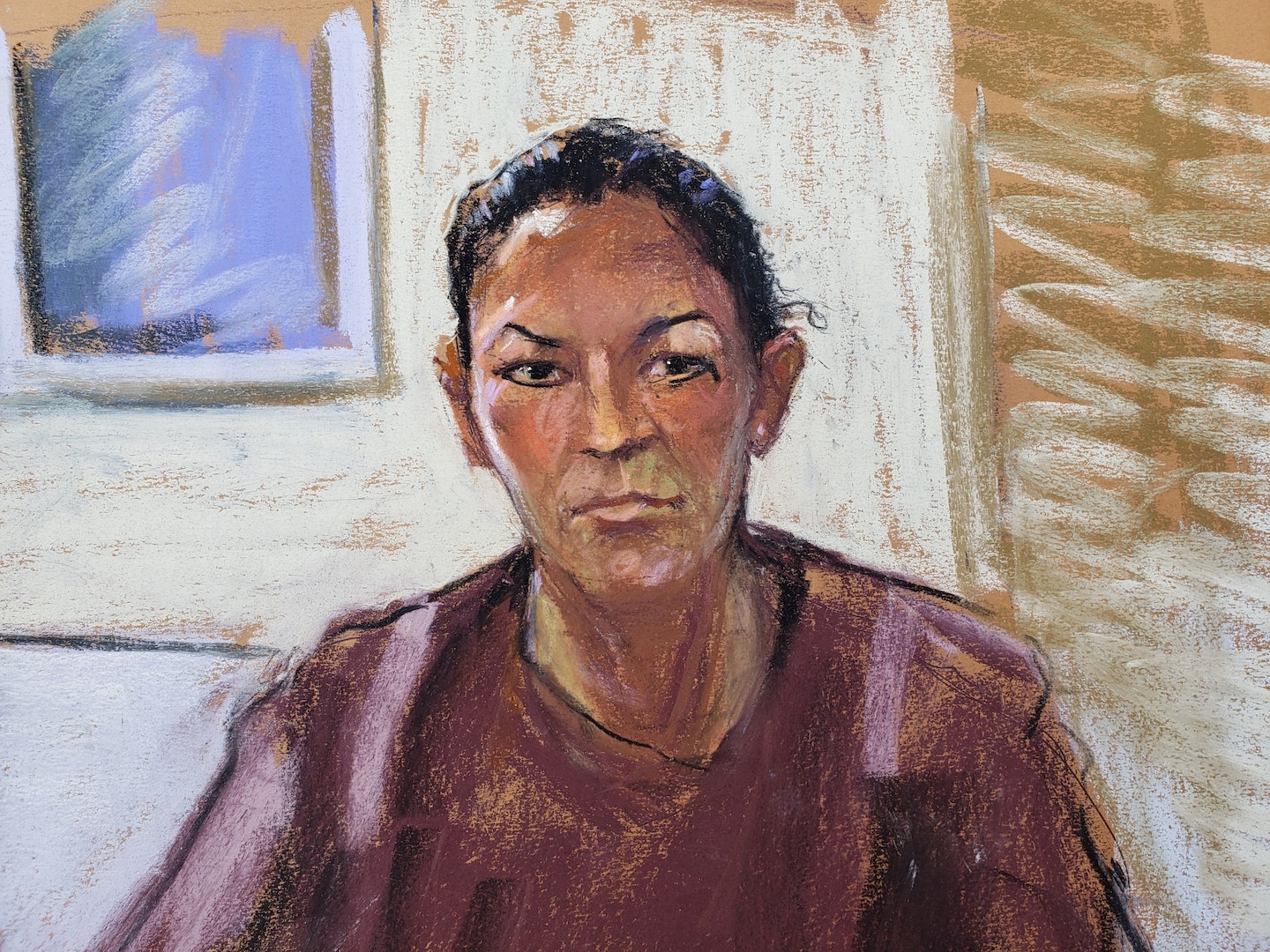Ghislaine Maxwell finally discovers something money can’t buy

On the other hand, it might just be the first time ever Maxwell couldn’t use money to manipulate people and get her way. The Epstein scandal, from its very beginnings, has always been as much about the role of money in our very unequal society as it is about sex. As David Boies, a lawyer who represents several of the women who say they were victimized by Epstein and Maxwell (including Annie Farmer, who gave a brief statement at Tuesday’s hearing), told me in an interview Wednesday, “For two decades, Jeffrey Epstein and Ghislaine Maxwell bought their way out of everything, with a combination of money, political influence and sex.”
By the mid-1990s, when the federal government alleges Maxwell and Epstein began to recruit underage women for sex, Maxwell was a woman in need of a sugar daddy herself. After her father — British publishing magnate Robert Maxwell — died in a mysterious boating accident, his fortune was revealed to be a fraud. Epstein fit the bill. Maxwell’s alleged role was to recruit and groom girls — at least one, according to the indictment, as young as 14. These girls were almost always working-class, often from troubled homes, suddenly exposed to unimaginable wealth: a townhouse on Manhattan’s Upper East Side, Epstein’s estate in Palm Beach, Maxwell’s home in London, flights on private planes and encounters with celebrities.
Epstein victim Virginia Roberts Giuffre (whose claims are not part of the federal indictment) says Maxwell once tried convincing her to stay by saying: “If the guy likes you, then, you know, it will work out for you.” Just in case Giuffre missed the point, according to Giuffre, Maxwell added, “You’ll travel. You’ll make good money. You’ll be educated.” One girl reported when questioned that Epstein promised to help her get into NYU. Another, Maria Farmer (Annie Farmer’s older sister), claimed Epstein said he would help her achieve success as an artist. Later, she says, Maxwell threatened to destroy her art career.
Eventually, according to newspaper reports, Epstein turned to a perverted pyramid scheme: multiple women who acted as recruiters, who brought on others — sometimes high school girls — to invite their friends to, er, meet Epstein. These school-aged recruiters would receive a few hundred dollars for bringing their friends to Epstein’s mansion; these friends, in turn, would receive a few hundred dollars for their abuse. It was a sick and predatory version of the trickle-down economy.
Epstein also used his estimated $500 million fortune — where it came from remains unknown — to purchase respectability and influence. He offered private flights to prominent politicians and dinners with celebrities, including Prince Andrew — a friend of Maxwell’s. And he bought himself intellectual prestige with philanthropic donations to places such as MIT’s Media Lab.
No wonder that, even now, Maxwell is so certain about the power of money that she couldn’t be bothered to actually reveal her full finances to the court. Maxwell’s lawyer claimed she didn’t have the chance to collect the paperwork while residing at the Metropolitan Detention Center in Brooklyn for the past week. (Prosecutor Alison Moe scoffed at the excuse: “At a basic level, the defense argument is that she cannot remember off the top of her head just how many millions of dollars she has.”) It’s also worth noting that Maxwell paid more than $1 million in cash just last year for the 156-acre New Hampshire estate where she was arrested by FBI agents last week.
Well, she’s got lots of time now. She’ll await trial, scheduled for next summer, behind bars. Maxwell finally discovered something money couldn’t buy. There will be no luxury digs for her — not this time.
Read more:






